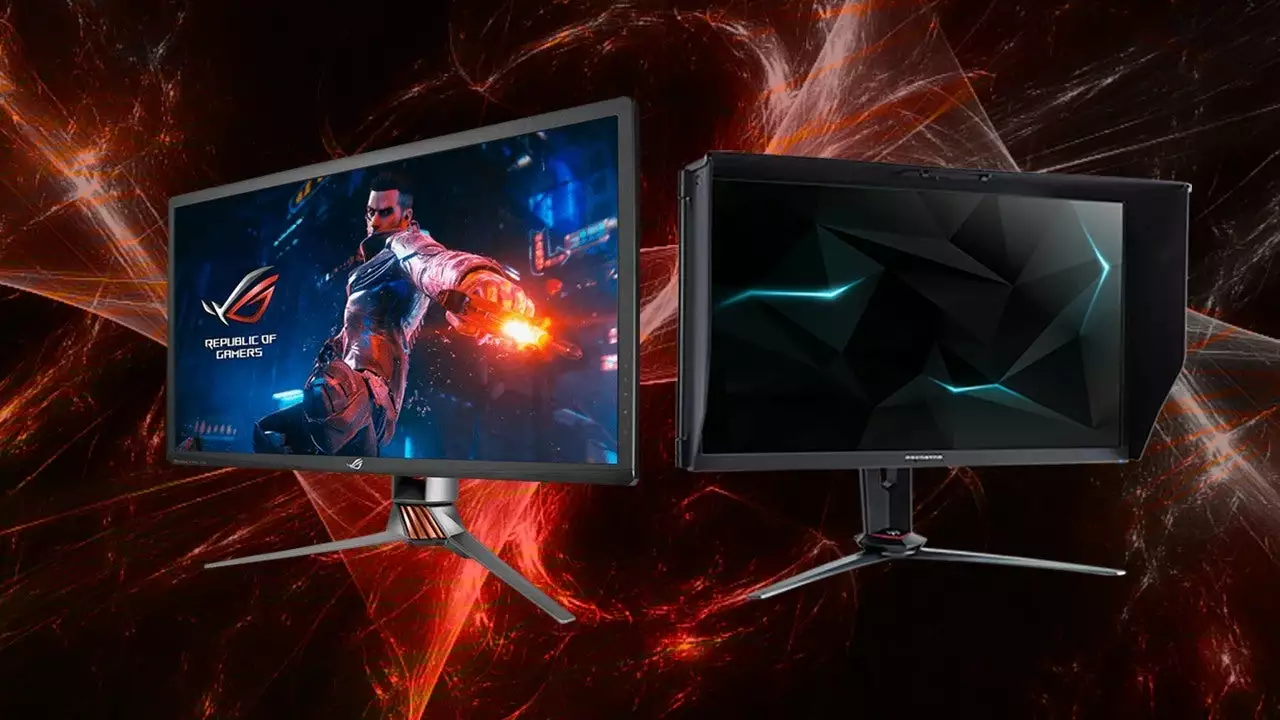Gaming PC: Build, Buy, and Upgrade Tips
Thinking about a gaming PC but not sure where to start? You’re in the right place. Whether you want to assemble a rig from scratch or snag a pre‑built machine, the basics stay the same: pick the right parts, set a realistic budget, and fine‑tune the system for smooth gameplay.
Choosing the Right Parts
The heart of any gaming PC is the CPU and GPU. For most gamers, a mid‑range CPU like the AMD Ryzen 5 5600X or Intel i5‑12400 gives enough power without breaking the bank. Pair it with a GPU such as the NVIDIA RTX 3060 or AMD Radeon RX 6700 XT, and you’ll hit 1080p‑1440p frame rates in most modern titles.
Don’t forget about RAM. Aim for at least 16 GB of DDR4 at 3200 MHz; it’s the sweet spot for current games. If you can stretch to 32 GB, future‑proofing becomes easier, especially if you dabble in streaming or video editing.
Storage matters too. A 500 GB – 1 TB NVMe SSD makes load times practically disappear, while a larger HDD can store bulk media files. Try to keep the OS and games on the SSD for the best experience.
Lastly, pick a case that fits your components and has decent airflow. You don’t need a fancy RGB tower; a simple mid‑tower with a couple of intake fans will keep temps low and noise down.
Optimizing Your Gaming Experience
Once your hardware is assembled, software tweaks can add extra juice. Start by updating drivers—GPU manufacturers release performance fixes every few weeks. Then, use the game’s built‑in settings: turn off unnecessary post‑processing effects if you’re chasing higher frame rates.
Enabling Windows Game Mode and disabling background apps also help keep resources focused on the game. If you’re comfortable, tweak the power plan to “High Performance” and set the GPU to run at maximum performance mode.
Consider adding a cooling pad or extra case fans if temperatures climb above 80 °C under load. Cooler components not only last longer but also maintain consistent performance during marathon sessions.
Finally, peripheral choices matter. A 144 Hz monitor paired with a responsive mouse and mechanical keyboard can make a huge difference in how the game feels, even if your PC is already solid.
Building or buying a gaming PC doesn’t have to be overwhelming. Start with a clear budget, focus on the core components, and fine‑tune the software. Follow these steps and you’ll have a system that handles the latest games smoothly, without spending a fortune.

- Jul, 17 2023
- Comments 0